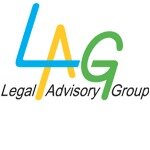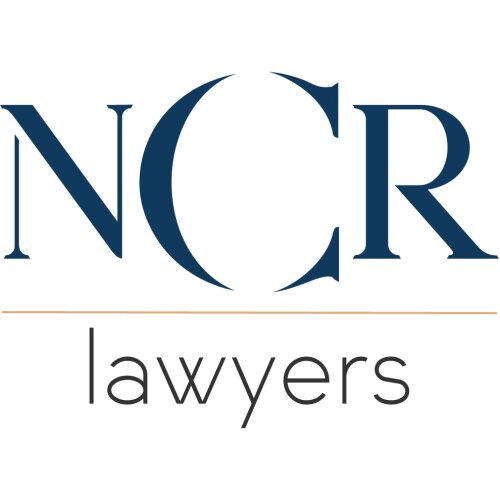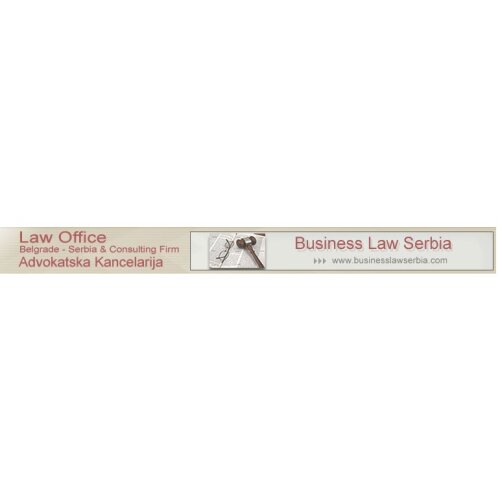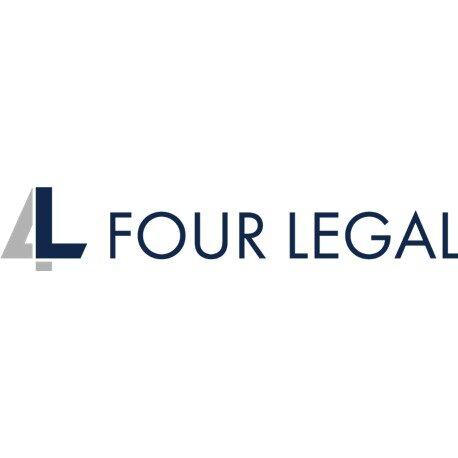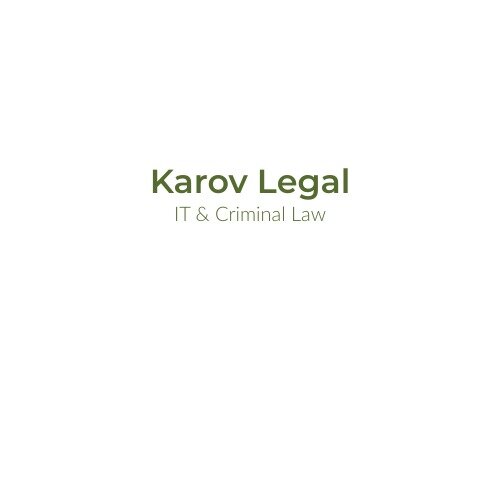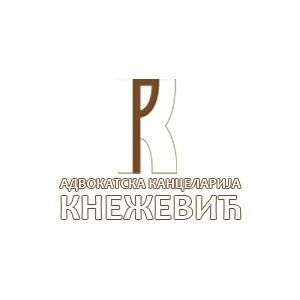Best Sanctions & Export Controls Lawyers in Serbia
Share your needs with us, get contacted by law firms.
Free. Takes 2 min.
Or refine your search by selecting a city:
List of the best lawyers in Serbia
Legal guides written by Business Law office - Advokatska Kancelarija:
- Why Invest In Serbia
About Sanctions & Export Controls Law in Serbia
Sanctions and export controls law in Serbia concerns the regulation of goods, technologies, and services that can be exported from, imported into, or transited through the country. These laws are in place to ensure national and international security, prevent the proliferation of weapons, and uphold international commitments, including those stemming from United Nations, European Union, and other international sanctions regimes. Serbia has developed its own legal framework for implementing export control measures and applying international sanctions, aiming to strike a balance between facilitating lawful trade and ensuring compliance with its international obligations.
Why You May Need a Lawyer
Many individuals and businesses may encounter situations where legal assistance is necessary when dealing with sanctions and export controls in Serbia. Common situations include:
- Assessing whether your business or product falls under national or international sanctions or export restrictions
- Navigating the permit and licensing process for exporting controlled goods or technologies
- Responding to audits or investigations initiated by Serbian authorities
- Managing transactions with entities in sanctioned countries or regions
- Understanding risks related to secondary sanctions imposed by third states such as the United States
- Updating internal compliance programs to reflect current laws and regulations
- Challenging or appealing administrative decisions related to export controls
- Mitigating risks of penalties, fines, or business disruption due to unintentional violations
Given the complexity and potential consequences of failing to comply with sanctions and export controls, early engagement with a qualified legal professional can help avoid costly mistakes.
Local Laws Overview
Serbia has adopted a comprehensive legal framework governing sanctions and export controls. The key legal instruments include the Law on Foreign Trade of Arms and Military Equipment, the Law on Export and Import of Dual-Use Goods, as well as implementing regulations that define the lists of controlled goods, procedures for obtaining licenses, and reporting obligations.
Sanctions enforcement in Serbia involves both international and autonomous measures. The government maintains lists of individuals, entities, and countries subject to restrictions, closely aligning with United Nations Security Council Resolutions and coordinating with the European Union where applicable. The Division for Arms Control within the Ministry of Trade, Tourism and Telecommunications is the principal authority for issuing export licenses and monitoring compliance.
Strict penalties, including administrative and criminal sanctions, can apply to unauthorized exports or involvement with sanctioned parties. Businesses are expected to carry out due diligence and maintain robust internal compliance procedures. Consultation with relevant ministries or obtaining specialized legal advice is highly advised for those engaging in international trade or transactions that may trigger export control or sanctions regulations.
Frequently Asked Questions
What are “dual-use” goods, and are they regulated in Serbia?
Dual-use goods are products, software, or technologies that can be used for both civilian and military applications. Serbia regulates the export, import, and transit of dual-use goods through specific legislation and requires licenses for their movement.
What happens if I export goods subject to sanctions without a license?
Exporting controlled goods without the necessary authorization can lead to severe administrative and criminal sanctions, including fines and imprisonment. Goods may be seized, and your business operations could be suspended.
Who enforces sanctions and export controls in Serbia?
The primary enforcement authority is the Ministry of Trade, Tourism and Telecommunications, particularly its Division for Arms Control, in coordination with customs authorities and, if necessary, security agencies.
Are there lists of sanctioned individuals or entities I should check before entering into a transaction?
Yes, Serbia publishes lists of sanctioned individuals and entities, which align with United Nations and European Union sanctions regimes. These lists are publicly available and should be checked regularly by businesses involved in international trade.
What is the procedure for obtaining an export control license in Serbia?
You must submit a formal application to the competent ministry, providing detailed information about the goods or technologies, end users, and intended use. Supporting documentation and due diligence reports may be required.
How can my business ensure compliance with Serbian export controls?
Establishing robust internal compliance processes, conducting risk assessments, training personnel, and regularly reviewing government lists and regulations are key. Legal counsel can guide you in developing these procedures.
Does Serbia recognize and enforce foreign sanctions, such as those from the United States?
Serbia primarily implements United Nations and EU sanctions, but businesses should be aware of extraterritorial measures and secondary sanctions risks, particularly when dealing with partners globally.
Are there any exemptions or exceptions to export control requirements?
Certain exemptions may apply for humanitarian aid, personal use, or academic research, subject to official approval. However, each case is reviewed individually, and written confirmation is necessary.
Can companies appeal a denial of an export or import license?
Yes, administrative appeals processes are available. You have the right to challenge licensing decisions, and legal representation can help in preparing and presenting your case.
What are the penalties for violating Serbia’s export control or sanctions regulations?
Penalties range from administrative fines and forfeiture of goods to criminal prosecution, including imprisonment. Personal liability may also extend to directors or responsible company officers.
Additional Resources
To better understand sanctions and export controls in Serbia or seek further help, you can consult:
- Ministry of Trade, Tourism and Telecommunications - Division for Arms Control
- Customs Administration of the Republic of Serbia
- Serbian Chamber of Commerce
- The UN Security Council sanctions resource center
- European Union official journals and consolidated sanctions lists (for reference)
- Licensed Serbian law firms specializing in export controls and international trade law
Next Steps
If you require legal advice or assistance regarding sanctions or export controls in Serbia, consider the following steps:
- Identify your specific legal needs and gather relevant documentation
- Contact a qualified lawyer with expertise in sanctions and export controls law
- Request a consultation to discuss your situation, assess your risks, and explore compliance strategies
- Develop an action plan in coordination with legal counsel to address current issues or build compliance systems for your business
- Stay informed about new developments, regulatory changes, and best practices by subscribing to updates from reputable sources or professional associations
Navigating sanctions and export controls in Serbia can be complex, but with the right professional support, you can protect your business interests and ensure robust compliance with local and international laws.
Lawzana helps you find the best lawyers and law firms in Serbia through a curated and pre-screened list of qualified legal professionals. Our platform offers rankings and detailed profiles of attorneys and law firms, allowing you to compare based on practice areas, including Sanctions & Export Controls, experience, and client feedback.
Each profile includes a description of the firm's areas of practice, client reviews, team members and partners, year of establishment, spoken languages, office locations, contact information, social media presence, and any published articles or resources. Most firms on our platform speak English and are experienced in both local and international legal matters.
Get a quote from top-rated law firms in Serbia — quickly, securely, and without unnecessary hassle.
Disclaimer:
The information provided on this page is for general informational purposes only and does not constitute legal advice. While we strive to ensure the accuracy and relevance of the content, legal information may change over time, and interpretations of the law can vary. You should always consult with a qualified legal professional for advice specific to your situation.
We disclaim all liability for actions taken or not taken based on the content of this page. If you believe any information is incorrect or outdated, please contact us, and we will review and update it where appropriate.
Browse sanctions & export controls law firms by city in Serbia
Refine your search by selecting a city.



